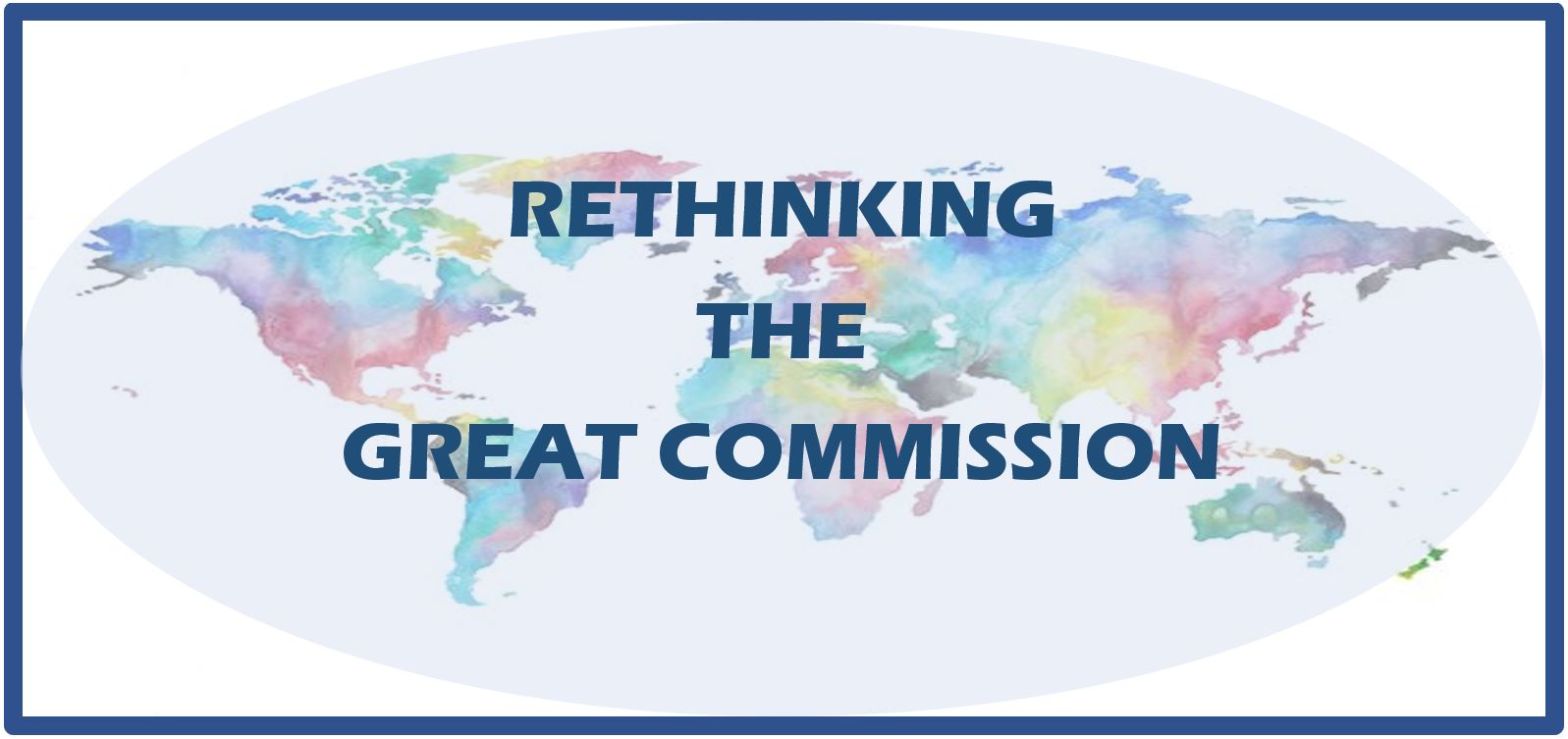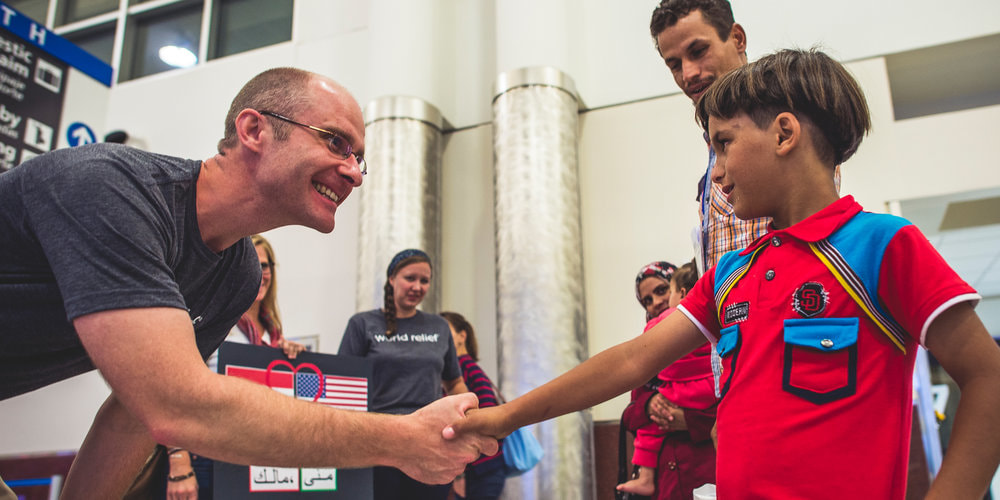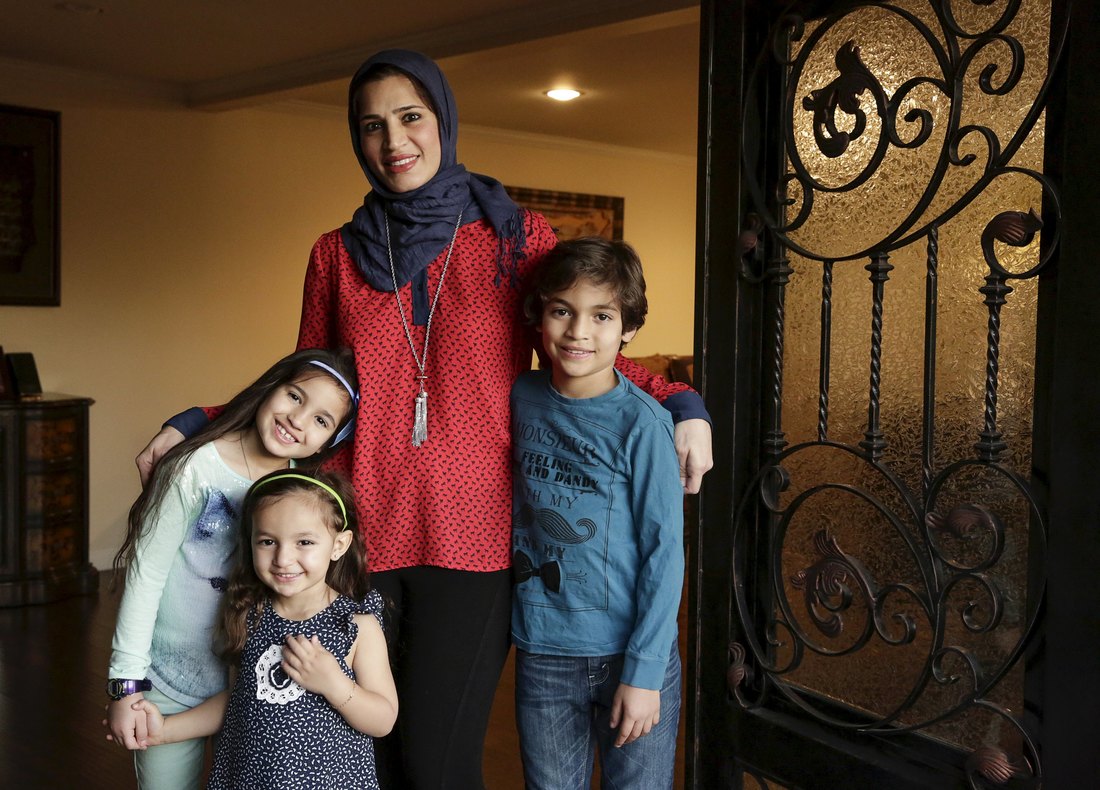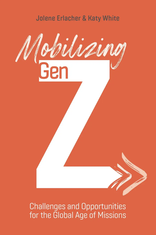|
In 1792, William Carey published his rather long titled manifesto of missions, An Inquiry into the Obligations of Christians to use Means for the Conversion of the Heathens. The title reflects the times in which he lived both in its length and in its use of the word "heathen" and yet, its publication along with his subsequent founding of the Baptist Missionary Society later that same year began what we now know as the modern missions movement. Many were to follow in Cary’s footsteps, taking the gospel from the West where it had been firmly established for over 1,000 years to the East and South where it had yet to be shared. In 1900 Africa was less than 10% Christian.(1) In 1950, 100 years after Hudson Taylor arrived, the population of Christians in China was a mere 3.4 million out of a total population of 550 million. This was the reality in which the paradigm of modern missions developed. It was the need of the hour. The vast majority of those whose faith in Christ compelled them to take the great commission seriously lived in the West and so, through much sacrifice, they supported and sent their sons and daughters to what David Bryant calls “the widest end of the gap.” The world in which they lived dictated that they sail slowly to these lands, that they send occasional correspondence back to home churches which remained far away, across a vast expanse of land and ocean. The work of missions then was “over there” and it was left to those who felt called to go. For the rest of us, “over here”, well we did our best to support their work, to pray, to give to the missionaries and occasionally, to go ourselves. But mostly we got on with the work of doing church in places where we were the majority culture. And the paradigm through which we view the great commission increasingly became something for someone else to do. Doug Birdsall, quoted in the book Western Christians in Global Mission says, “The Great Commission is for every church in every culture in every generation. There are no exclusions. But . . . every church in every culture in every generation must determine the way in which they respond to this responsibility -- in a way that is appropriate to time and context." For those in William Carey’s and Hudson Taylor’s time, sending missionaries overseas was the only responsible response to the vast numbers of people living outside of any real access to the gospel. The only way to bring the gospel to China was to go there. Those generations in those churches determined the best way to complete the great commission was to send missionaries. The problem is that this paradigm for how to complete the great commission became the status quo and each new generation of churches simply continued to do what previous generations had done. They improved upon the mistakes of previous generations thankfully, but the basic idea of mission stayed the same and the church by and large, remained on the outside looking in. In the last twenty years however, the context of our world has changed in unprecedented ways. Those changes demand that this generation reassess the church’s role in Jesus commission to His church as we see it in Matthew 28:18-20. We cannot continue to merely do what previous generations in the West have done. To do so would be irresponsible! Unprecedented Change When Hudson Taylor went to China in the 1850s, his friends and sending churches back in England knew very little about China. None of them had ever met anyone from China. It was quite literally on the other side of a very big world. Today, we can learn anything we want about China with a click of a button. Nearly everything we own was made in China and with very little effort, we can befriend a Chinese student who wants to practice English online. Over 350,000 Chinese are studying in U.S. universities and there are Chinese restaurants in most every town. Because of entrepreneurial opportunities, every city in America has Chinese residents. And it’s not just China. Sioux Falls - a small Midwestern city in South Dakota of just under 200,000, is home to over 140 different languages from countries all over the world. A vast majority of the workforce at John Morrell - Sioux Falls’ third largest employer - is foreign born. Just up the road at South Dakota State University in Brookings, students from all over the world are working toward both bachelors and advanced degrees. Globalization is a reality that has moved forward at a lightning quick pace. Driven by technological advances that have connected our world like never before, by the rise of English as a global trade language and by the greatest migrations of people the world has ever known, globalization is changing the context of the world in which we live. And it is this changing context that demands we rethink the role local churches and individual Christians play in in the great commission. From one man he made all the nations, that they should inhabit the whole earth; and he marked out their appointed times in history and the boundaries of their lands. God did this so that they would seek him and perhaps reach out for him and find him, though he is not far from any one of us. God is on the move. While the kingdom of America is changing and those changes won’t be without their challenges, the Kingdom of God is not in trouble. God’s promise to Abraham in Genesis 12 was that all the peoples of the earth will be blessed through you. God is keen to keep His promises and the witness of the Old and the New Testament alike is of a God who is passionate that all the nations of the earth - all people groups - would know His glory and be reconciled to Him. And God intends to see that vision come to fruition, to see the day when great multitudes that no one can count, from every nation, tribe, people and language, are standing before the throne and before the Lamb. They will be wearing white robes and will be holding palm branches in their hands. And they will cry out in a loud voice: “Salvation belongs to our God, who sits on the throne, and to the Lamb. (Revelation 7:9-10)” That is the mission of God! It is what the narrative of scripture is all about. Christopher Wright has said that “it’s not so much that the church has a mission as it is that the mission of God has a church.” Globalization is real. It will have tangible effects on our lives. It will present very real challenges. And yet with it come new and amazing opportunities for the church to be a part of the great commission in ways that were not possible even 20 years ago. But the question is, as always, how will we respond? Unprecedented Opportunities Global migration is increasing rapidly. According to PEW Research, in 2015, nearly 250 million people lived outside of the their country of birth. This is three times more than in 1960. This is due in part to the global refugee crisis but also to the rise of a global middle class. More and more people across the globe are simply able to immigrate to wealthier countries. They come for education, for a better job or to avoid some of the inherent challenges of making a life in a developing country. A friend of mine immigrated with his parents to Canada when he was fourteen. His father was an entrepreneur and had started several successful businesses in Western China but was continually frustrated by the communist government bureaucracy and so decided he’d try his luck in Canada. My friend was Hui Chinese, a Muslim minority people. He had been raised in a Muslim home and educated in Chinese schools where he was indoctrinated with atheistic teaching. His chance of meeting a Christian or hearing the gospel in his hometown in China was slim to none. Global migration trends mean that the chances are increasingly likely that you will have a neighbor, a co-worker or perhaps a doctor who comes from another country. Your children will go to school with children who may not speak English at home. You may say hello to a young man at a coffee shop like I did with my friend and discover that he is part of a people group of nearly 14 million people that is less than 0.01% Christian. Global Migration creates tremendous new opportunities for churches in the West. It would be irresponsible to ignore these opportunities and so I’d like to offer a few ideas for how you can step into the work that God is doing here as he brings the nations to us. First, begin praying! God is on the move and He’s inviting you into his mission to reach the nations. You may need to begin praying first for your own heart - I get that. There is a lot in the news that would lead you to be fearful of this talk of global migration trends. You may be nervous or scared or even filled with thoughts and ideas that are decidedly not like Jesus. Dive into the scriptures and let God’s word shape your heart as you pray for Jesus to take away your fear and replace it with compassion. And then begin praying for the nations among us. Pray for opportunities to build relationships with people who have not heard the good news of Jesus. Pray for their blessing and protection. Pray that they would have an opportunity to respond to the gospel. Start praying and don’t stop. Next, do some research. Who is coming to your town? Where are they coming from and why? What do they believe? Are they African or Latin American Christians - our brothers and sisters in Christ from whom we could learn a thing or two? Are they Muslim, Hindu or Buddhist? Are they from an unreached people group or perhaps even from an unengaged people group? You can learn a lot about people groups at the two sites listed below. These are two organizations working to keep the church informed on how we are doing with the Great Commission. Finally, meet someone! Say hello. Bring a plate of cookies to someone’s door. Be a good neighbor. It is not nearly as difficult or complicated as we seem to think it will be. Being a good neighbor doesn’t require a degree in rocket science. Are their things you’ll want and need to learn? Of course. Will you need to enter the relationship with humility, actively seeking to learn from and about your new friend? Yes. Will there be a language barrier? That depends, but if there is, you’ll have an amazing opportunity to practice humility and show kindness by having them help you learn some of their language as you help them learn English. Will you get to try new foods? Probably, and you’ll most likely be overwhelmed by your new friend’s hospitality. Will it be hard? Absolutely yes. Relationships generally have their ups and downs and cross cultural relationships are no different. How you respond during the hard moments can and will be a powerful testimony to the transformative work of Jesus in your life. Here is the reality. You may be the one whom Christ uses to bring one of His lost sheep into His kingdom. He will do that and is doing that everyday all across the globe. You can say, “Yes, I want to be a part of what God is doing.” or you can say "no". It’s up to you. Technology While global migration is bringing the people of the world into your neighborhood, technology is increasingly making it possible for you to go into the neighborhoods of the nations of the world. Call centers are located in India. Doctors are connecting with translators in Africa to help interpret for their appointments with new Americans still working to learn English. Entrepreneurs are outsourcing tech support to the Philippines. Millions of connections are made daily across the world wide web creating space for conversations and relationships that would not have been possible even twenty years ago. How does the church tap into this new space and redeem it for Christ’s global purposes? Millions of people in countries where there is little if any access to the gospel are learning English. They won’t meet a Christian on their block. There are no churches in their neighborhood and perhaps not even in their city. But they are going online in order to find new friends with whom they can practice English and learn about American culture. Embassy, a ministry of Crescent Project, is working to ensure that they connect with a follower of Jesus. By helping Christians find online platforms where language learners gather and equipping them with the tools to build relationships and share their faith, Embassy is helping the church reach into some of the remotest corners of the Earth with a faithful witness of the gospel. From your own living room you can meet a Muslim from Saudi Arabia, get to know them and their family as they get to know you. You’ll be able to encourage them and learn from them and in it all, share about your love for Jesus. [Read about my experience with Embassy] And so whether you live in New York City or in Platte, South Dakota you now have easy access to opportunities to share the love of Jesus with people who have never heard His name. You don’t need to be the prototypical missionary to be a part of the mission of God to reach every tribe and people and nation. There are nearly 3 billion people who have no access to the good news of Jesus Christ. A New Paradigm Historically, the paradigm of missions was that of churches here supporting a few through prayer, encouragement and financial giving to go and live cross culturally. We called those few missionaries. We now live in a new time and a new context and so we need a new paradigm, one that sees missions as everywhere to everywhere. One that sees all of the church involved in all of God’s mission. What if the mission of the King was our primary mission? Locally, nationally and globally? What if missions were not just about us providing, praying for and provisioning missionaries to go over there, but we moved into this new paradigm of everywhere to everywhere? We could work toward more robust partnerships where missionaries and churches partnered together to complete the great commission together? Missionaries returning on furlough could spend time training us to minister more effectively with what they have learned on the field. Our young people going to university could invest in the lives of international students coming to study in the in the U.S. from within the the places of the world that are least reached. With God using globalization to bring the nations to the United States, what if Christians here in American won Muslims to Christ who then took their new faith back to their families and communities in their home country? And what if our churches began functioning more as missional training centers, equipping the saints to proclaim the gospel and make disciples - making our main vision not to grow our own church but to see the great commission completed - locally, nationally and globally? As a representative of a mission agency - I have to tell you that we absolutely need to continue to send missionaries into the world. We need to send more! 3 billion people living outside the reach of the gospel demands it. But I am convinced that as you move toward discovering your roll in this new missions paradigm locally, your hearts will grow in such magnificent ways that one of the inevitable outcomes will be a greater commitment to the great commission globally. Your prayers for the missionaries your church supports will grow. Your financial giving to reach the 2 billion lost in darkness will increase. Your desires to go and be a part of the work on short term mission trips will expand. And in years to come, you will find that those coming back on furlough from China and Turkey and across the world will be some of the young people who are in your church today. Men and women of God whom you have raised up and trained and have sent. May it be! A Few Helpful Resources
1 Comment
Tunde A Samuel
1/12/2021 07:29:53 pm
Indeed, every heart with Christ is a (potential) missionary; and every heart without Christ is a mission’s field!
Reply
Your comment will be posted after it is approved.
Leave a Reply. |
The E2E Community
Categories
All
Good Books
Archives
April 2024
|
Proudly powered by Weebly









